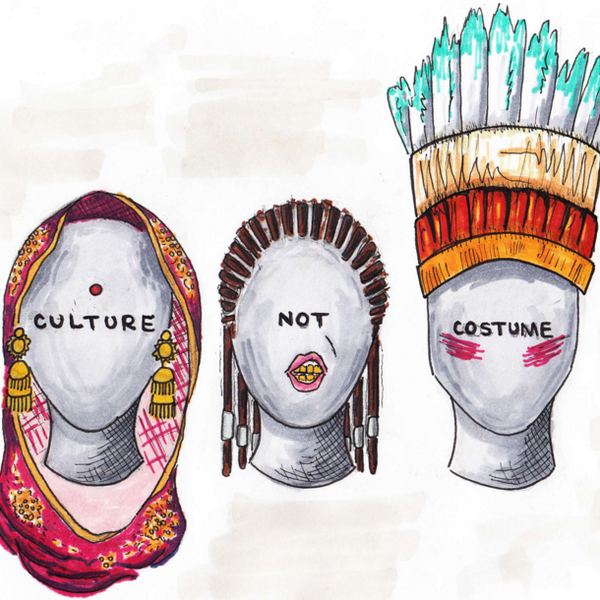To most people, the concept of "dying with dignity" is a foreign one, and even those who are familiar with the idea generally give it little thought throughout their day-to-day lives. However, recently the "death with dignity" debate has been thrust into the spotlight of American consciousness with the death of Brittany Maynard. Maynard, a 29 year old UC Berkeley alum, was diagnosed with a terminal form of brain cancer known as glioblastoma multiforme earlier this year and told that she would only have months to live.
Rather than attempt potentially detrimental medical treatments that would only marginally prolong her life, Maynard instead chose to live out her remaining months spending time with her family and traveling. It was during these past few months that she began contemplating physician assisted suicide. Physician assisted suicide, currently legal in five states, is when terminally ill patients can choose to end their lives in a humane way with the help of a doctor in order to avoid further suffering during their final months. On November 1st after moving to Oregon, where assisted suicide is legal under the Death with Dignity Act of 1997, Brittany Maynard chose to end her life surrounded by loved ones after a long battle with brain cancer.
Maynard's final months, during which she strongly advocated for the legalization of assisted suicide in the United States, have raised the debate over assisted suicide and what constitutes dying with dignity. There are many people on both sides of the debate citing various reasons for their beliefs. And while many arguments have been rational, civil, and containing legitimate factual evidence to support their standpoint, this debate has also brought out the worst in some people. Many have vilified Maynard for choosing to end her life, seeing it as cowardly, sinful, or an injustice to her family.
These judgmental people, who undoubtedly find it easy to type holier-than-though comments through the anonymity of a computer, are cheating Maynard out of her legacy and dignity as a human being. They make her death not about Maynard and her loved ones, but rather about themselves, passing their judgement on an issue that they cannot even begin to fathom. Most people have never had to experience the struggle that Maynard went through when contemplating whether or not to end her life in the fact of a terrible disease, and yet many still feel qualified to attack the memory of those that have to make that choice.
How can we mourn and glorify the deaths of celebrities, like Robin Williams, while condemning people like Brittany Maynard, who simply chose to take control of her tragic disease, in the same breath? This was not a decision that she made lightly. She did not do this to please anyone and she did not do this selfishly. Rather, she spent her final days making a painful decision to ultimately spare both herself and the people she loved from months of drawn out suffering.
This is not an article attempting to sway someone's views for or against assisted suicide; we as a society must be able to form educated opinions on difficult issues like this. But regardless of one's personal thoughts on "dying with dignity," we need to remember that it is not our place to pass judgment on the death of another human being. Brittany Maynard, like all of us, was a human being whose life should be celebrated by the ones she loved, not vilified by disgruntled naysayers who knew nothing of her outside of her decision to end her life. In the end, Maynard's decision allowed her to live her final moments with dignity as a human being, something we all desire to do and therefore must respect.



















